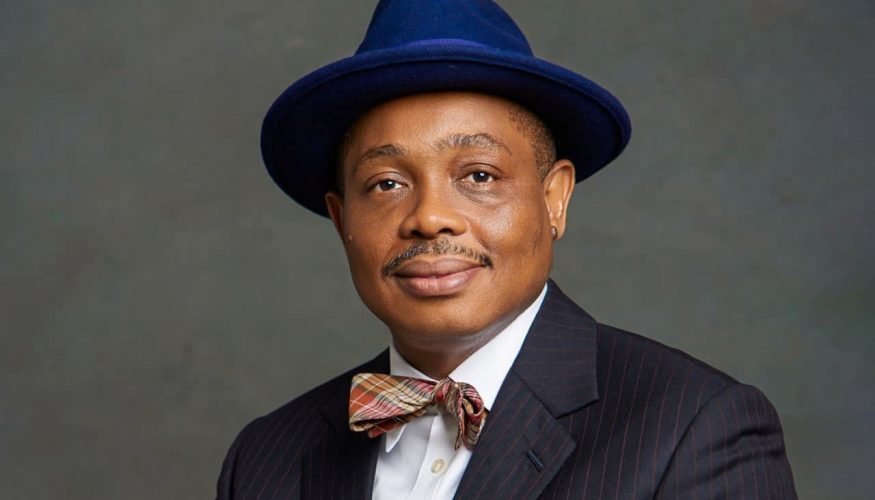The President of the Nigeria Bar Association, Afam Osigwe, is stressing the importance of strengthening electoral processes to boost public trust. He’s advocating for a reduction in court interventions to resolve electoral disputes, promoting transparency and accountability in the electoral system.
Osigwe stated this on Tuesday in Abuja, at a YIAGA Africa press conference on lessons for African countries from the just concluded election in Ghana.
Osigwe speaking on some of the issues affecting Nigeria’s electoral process highlighted the critical gap in the transparency of results collation, particularly the period between the close of polling and the announcement of results, which he identified as a source of public distrust.
He stressed saying the confidence of Nigerians needs to be restored in the Independent National Electoral Commission, the Electoral Act and the electoral process.
“The problem in Nigeria seems to be shifting from the polling unit to collation. What happens between the hours of the end of polling and the day breaking when some results are ultimately announced that is where we really need to do some work in Nigeria people need to have more confidence that the votes as announced in the polling units will be declared.
“So it’s an issue of the attitude of the people, the politicians, the party agents, and indeed our courts and when there is more confidence in the process, there will be less involvement of the courts in determining the outcome of electoral contest. And so you see in Ghana, even before the official announcement of the results, the man who lost, who is an incumbent vice president, said that based on parallel tallying by agents of his party, he accepted his faith and nobody threatened that.
“Even the other party said, from our parallel tallying, we have won. Nobody was threatening, we are going to jail you for saying this. You shouldn’t say it. There was confidence in the process. Of course, there were some violent reactions to the results but overall people had confidence and the process was transparent. I’m sure they will not spend so much money setting up an election tribunal disrupting the entire judicial system moving judges from one place to the other to determine this contest.
“We need to stop that and we need to de-emphasize making electoral matters a priority in our courts thereby making it difficult for our courts to determine the real issues that affect our day-to-day life like criminal matters, fundamental rights issues, commercial transactions, and other things that will make people find Nigeria a place to invest in. We should make our laws work. We should allow these laws to work,” Osigwe said.
The former African Union Commissioner of Political Affairs, Aisha Abdullahi, reading from the text of the press briefing signed by YIAGA Africa Executive Director, Samson Itodo, stated that from the Ghana election study and observation mission preliminary reports, sixteen key findings were made across five thematic pillars.
She said the report identified thirteen practices from Ghana’s electoral process worthy of adoption with eleven actionable recommendations for strengthening electoral integrity in Africa.
Among others, she said the Ghana electoral guidelines which allowed for manual verification of voters without I.D cards, provided their names appeared on the register is a development worthy of emulation.
She also said the Ghana polls promoted “Inclusiveness by accommodating election officials, security personnel and media through special voting held on December 2 and 6, 2024, which saw 131,478 participants with 83 per cent turnout ensuring those on critical roles are not disenfranchised.”
Abdullahi added that allowing prisoners to vote in Ghana improved electoral inclusiveness, while the verification of transmitted results by party agents strengthened election integrity, transparency, and responsiveness in election administration, thereby building citizens’ trust.




